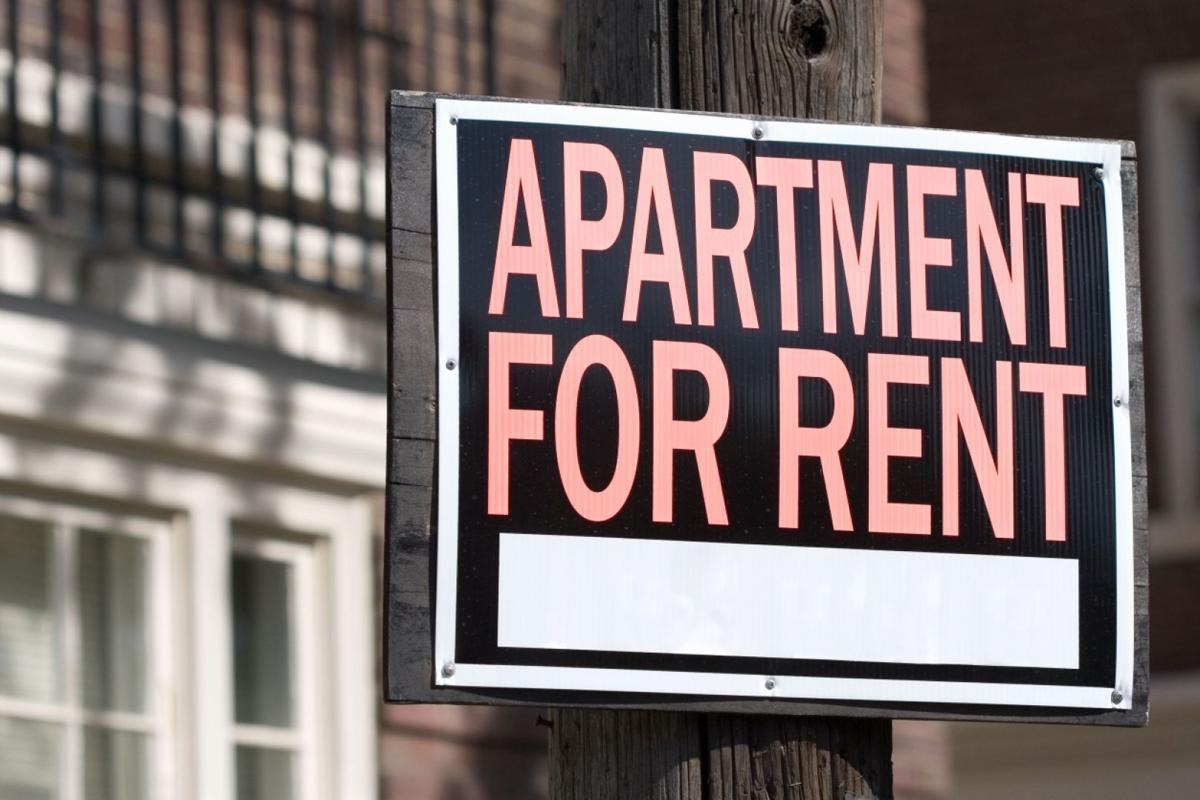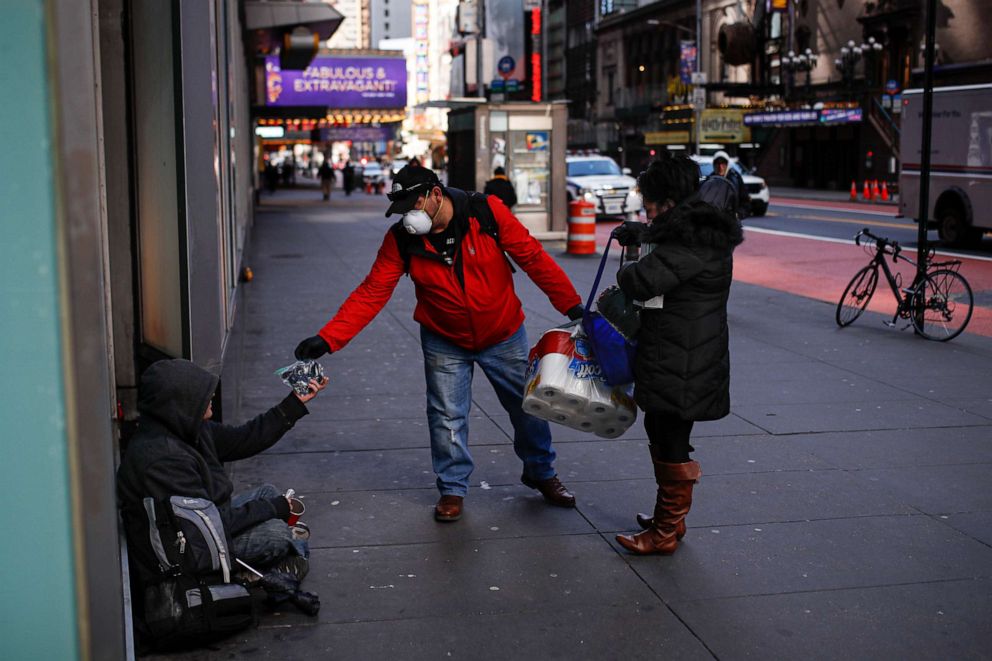Then, as we’ve seen there has been a large movement which asks landlords to halt all rental payments as there are very few who are able to pay. As of May 3rd, Washington state saw a staggering number of 10.1% who were unable to pay rent on the 1st. For those who couldn’t pay the threat of eviction is still real, however immoral it may be, in parts of the country which haven’t yet instituted a ban or rent freeze.
This could be the precursor of a future in which we see the houselessness crisis become more prevalent than ever. According to a study by Barbara Sard which was published by the Center on Budget and Policy Priorities in 2009, after the US’ most recent economic recession in the wake of the housing market collapse, New York City saw a “40% increase in families entering homeless shelters.” And when considering analysts reporting an even greater economic crisis on its way and the vastly more dire circumstances surrounding employment and the type of work which is considered “essential” for the foreseeable future, things don’t look like they’re going to get much better before they get a lot worse.
Keeping all of this in mind, it’s important that governments and not only the local and state levels, but the national level as well begin implementing programs and resources which can help those affected by the already onset economic crisis. Rent freezes, eviction bans, stimulus checks (which will realistically need to be more than $1200), medicare, etc. are all going to be required for this country to weather the impending storm. I hope that these things are a possibility, but right now we live in uncertain times, where thinking realistically isn’t always the most optimistic outlook.
- Brad Weber














